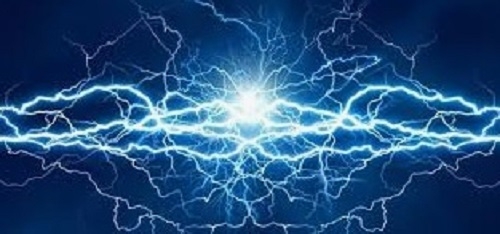Electricity, an omnipresent force, is the bedrock of modern civilization. This powerful phenomenon is the flow of electric charge, typically carried by electrons moving through a conductor. Its discovery and harnessing have revolutionized the way humanity lives, works, and interacts.
The journey of electricity began with the early experiments of scientists like Benjamin Franklin, who famously conducted his kite experiment to prove the existence of electrical charges in lightning. Later, pioneers such as Nikola Tesla and Thomas Edison would play pivotal roles in developing practical applications for electricity, leading to the electrification of cities and the birth of the electrical age.
Electricity manifests in various forms. Alternating Current (AC) and Direct Current (DC) are two primary types. AC, championed by Tesla, is used for general power supply due to its efficiency in long-distance transmission. DC, on the other hand, promoted by Edison, is often used in batteries and electronic devices.
The generation of electricity has evolved significantly over the years. Initially, coal and hydroelectric power plants were the main sources. However, the quest for cleaner and more sustainable energy has led to the proliferation of renewable sources such as solar, wind, and geothermal power. These innovations not only reduce our carbon footprint but also promise a more resilient energy future.
Electricity is indispensable in our daily lives. From lighting our homes and powering appliances to enabling complex industrial processes and technological innovations, its applications are vast and varied. The advent of smart grids and energy storage solutions further enhances the efficiency and reliability of electrical supply.
However, the reliance on electricity also poses challenges. Power outages can disrupt daily life and economic activities, highlighting the need for robust infrastructure. Moreover, as our dependency grows, so does the importance of cybersecurity to protect the electrical grid from potential threats.
In conclusion, electricity is more than just a convenience; it is a fundamental component of contemporary life. Its continuous evolution and integration into new technologies underscore its significance. As we move towards a more electrified and sustainable future, understanding and innovating in the realm of electricity will remain crucial for progress and prosperity.



